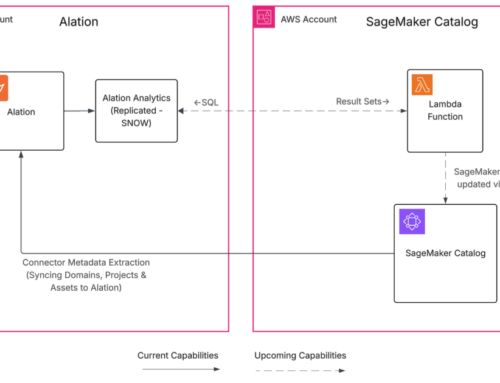Germany’s environment chief: Fully eliminating forever chemicals ‘not possible’
April 1, 2025
Euractiv sat down with Dirk Messner, the chief of the UBA, Germany’s main environment and climate protection agency, during their scientific conference on the environmental and health impact of so-called ‘forever chemicals’ (PFAS) in Berlin.
At the time of the interview, the outlines of the country’s future environmental protection policies in a coalition agreement being negotiated by the Christian Democrats and Social Democrats remained unclear, with leaked drafts from the negotiations circulating in Berlin.
Messner spoke about the prospect of revising the European Commission’s Registration, Evaluation, Authorisation and Restriction of Chemicals (REACH) regulations on so-called forever chemicals.
The interview has been translated from German, and edited for clarity and length.
How serious should we take PFAS, or forever-chemicals, as they are called?
MESSNER: It is important to separate the problem into layers. We need to learn how to clean up sites that are contaminated with PFAS. We need a strategy for this, we need standards, we need technologies.
Layer two is: We have found PFAS elements in plenty of production processes and products. And for these cases, we don’t have solutions that could be easily implemented in real time. So ‘zero PFAS’ is not possible.
That is why we have to see how we can reduce the PFAS content in these production processes and products and manage PFAS as safely as possible.
The third layer is that we need to reduce PFAS in the environment and in the human body.
We have areas where we can substitute PFAS with some other non-toxic substances – in clothing, for example, this is usually possible. These are quick wins. The alternative is that we do have technological solutions – in production processes, for example, at the level of pilot projects, but not on a mature industrial scale. So this is about structural change: How long do industries need until they are able to implement them?
Then, there are areas where we honestly have no idea how to replace PFAS, for example in many medical devices. And in these areas where we don’t yet know how we can get PFAS out, but we urgently need products, research and development to find solutions.
The EU is weighing a partial PFAS ban.
MESSNER: Wherever PFAS can be quickly replaced by other substances, we should do it.
Where it takes longer, because we need structural change in industry, we should look at the necessary timeframes for industries to adapt. Where we don’t yet know how to get the stuff out, but urgently need the products and don’t want to do without them, we need research and development so that we can find solutions.
In this context, how do you rate the progress of the Commission’s revision of the REACH?
MESSNER: It is stuck. There is a large lobby that is resisting change.
It is one of the European Green Deal’s areas that is particularly difficult. And the chemical industry, which is who we are talking about, indeed has major challenges to overcome. They have to become climate-neutral quickly even while they are an energy-intensive industry, and then also have to deal with the issue of chemical safety.
But we need to move the industry in this direction now, and the government must keep its eyes on the prize.
[BTS]
Search
RECENT PRESS RELEASES
Related Post



